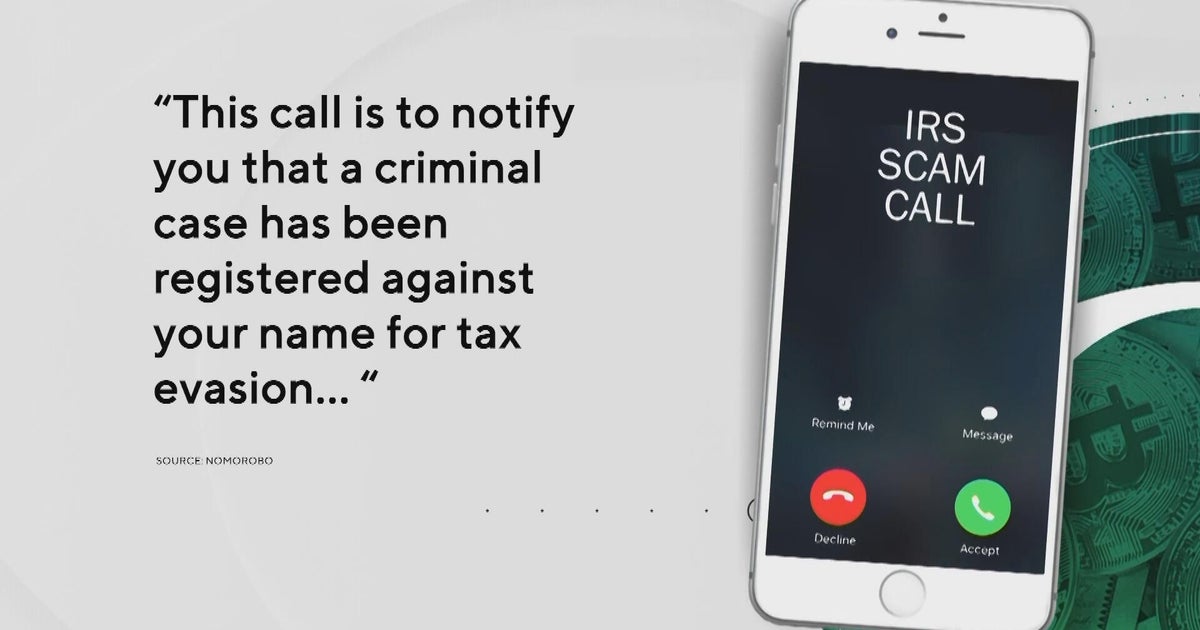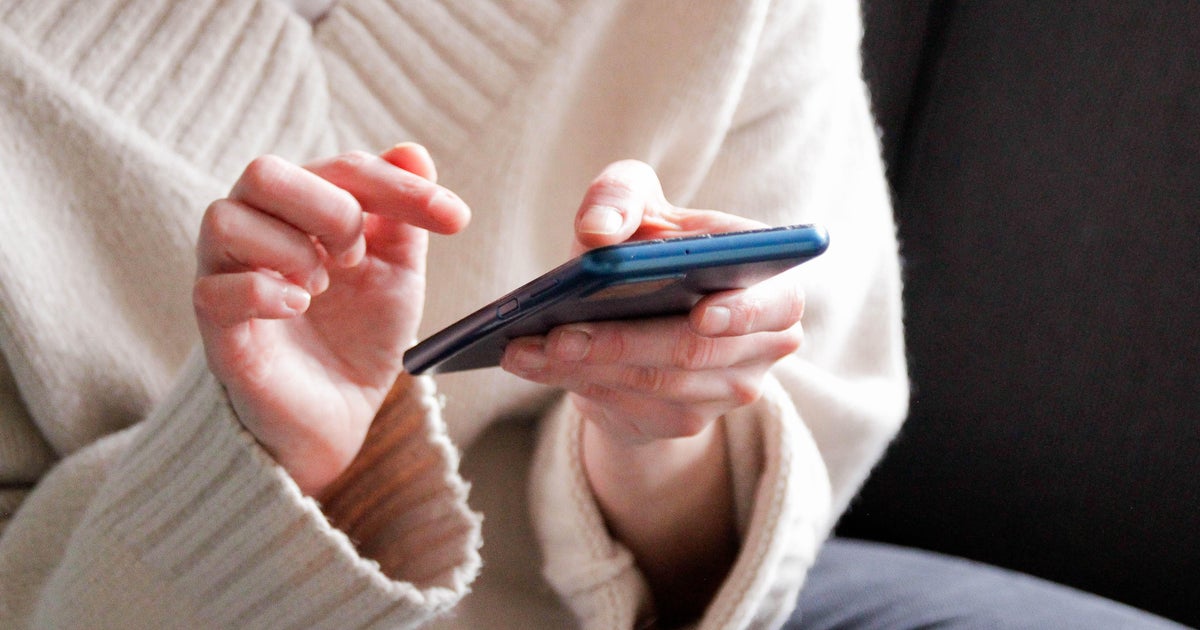Are free product trials really "free"?
Those supposedly "free" trials for various products and services can be tempting, whether it's for a new gym membership, cable channel or streaming music. The trouble comes when all that free stuff ends up costing you money.
Nearly 6 in 10 Americans who signed up for a free product trial were later charged against their will, according to personal finance site Bankrate. Users who forget to cancel before the trial period ends may find themselves charged a fee of $10 or $15 and enrolled in what's known as a "negative option" plan — an arrangement in which goods or services are sent automatically unless a customer explicitly tells the seller not to send them. Other users may find themselves billed for the price of shipping.
And then there's the dreaded fine print. For Morgan Taylor, a marketer based in Scottsdale, Arizona, failing to scrutinize a website's offer that let him download 10 songs for free ended up costing him money. The catch: Although he says he canceled before the trial period ended, Taylor was charged $9.90 plus tax because the terms stipulated that the songs were free only with a one-month subscription — and billed if the subscription was cancelled.
"I attempted to dispute the charge, but it was useless," Taylor, chief marketing officer at LetMeBank, said in an email to CBS MoneyWatch. "I hadn't read the fine print."
Brad Winter, a lawyer with the Federal Trade Commission, said "free trial" scams generate thousands of consumer complaints every year. Americans lost nearly $1.3 billion in the past decade on such offers, according to the Better Business Bureau.
In February, the FTC accused a Puerto Rico-based businessman and his eight companies of deceptive practices for baiting customers with a bogus free trial for skin care products. Buyers who signed up for the offer were allegedly charged $90 and then automatically enrolled in plans that cost upwards of $90 a month. Users trying to cancel their enrollment also found it difficult to reach customer service representatives, according to the FTC.
In April, San Francisco-based Urthbox settled FTC charges that the company offered buyers a free trial of its subscription snack boxes for the mere price of shipping and handling. But the company allegedly failed to clearly disclose that it would charge consumers for six months' worth of snack boxes if they didn't cancel in time.
The likelihood that a person will wind up paying for a free trial after it ends actually increases with income and education level, Bankrate found. About two-thirds, or 65%, of people earning annual salaries of $80,000 or more were charged after a free trial. Meanwhile, just over half of people earning $40,000 or less found themselves forking over dollars.
Meanwhile, 65% of people with postgraduate degrees unintentionally lost money during free trials. About half of people with a high school education lost money on a free trials.
"People with less education and less income seem to be keeping a more diligent eye on their finances and pinching their pennies and therefore are less likely to be charged against their will," Bankrate analyst Ted Rossman said.
To avoid getting ripped off, the FTC as a few tips:
- Research the company: A quick online search can help shoppers figure out how trustworthy a company is and what strings might come attached with free trials.
- Look for the terms and conditions: If you can't find them or understand what they mean, that's a red flag that you shouldn't sign up.
- Beware pre-checked boxes: Some promotions come with already-checked boxes that allow a company to sign shoppers up for additional products they may not want.
- Cancellation windows: There's often a short window of a week or a month to cancel a product or service before being charged.
- Choose credit cards wisely: Some credit cards, like Mastercard, require merchants to get your consent before they start billing you. But this only applies to physical goods, not digital goods like an online subscription.
- Reverse charges: Contact the company directly for any charges on your bank statement you didn't agree to. If that doesn't work, call your credit card company to dispute the charge.



